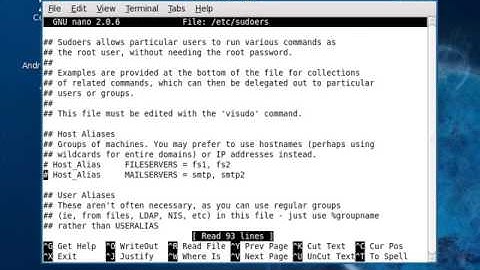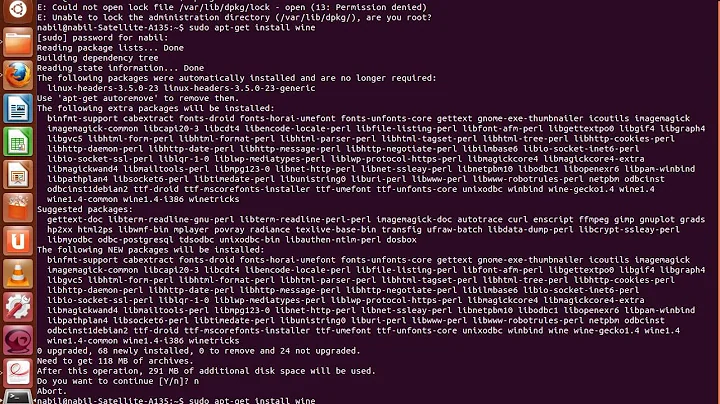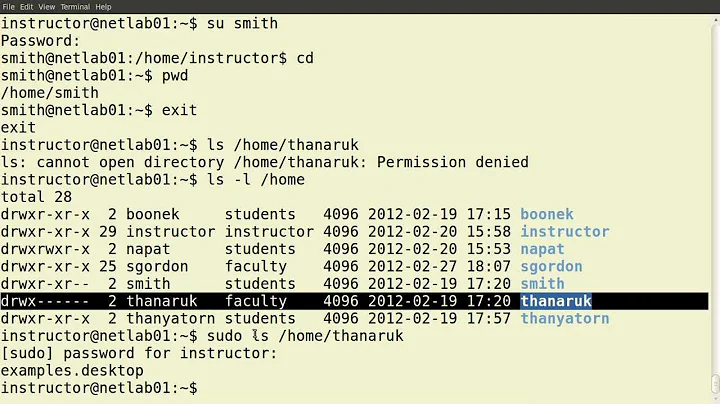Forward function and variables into sudo su - <user> <<EOF
Solution 1
sudo su -, which is a complicated way of writing sudo -i, constructs a pristine environment. That's the point of a login shell. Even a plain sudo removes most variables from the environment. Furthermore sudo is an external command; there's no way to elevate privileges in the shell script itself, only to run an external program (sudo) with extra privileges, and that means any shell variables (i.e. non-exported variables) and functions defined in the parent shell won't be available in the child shell.
You can pass environment variables through by not invoking a login shell (sudo bash instead of sudo su - or sudo -i) and configuring sudo to let these variables through (with Defaults !env_reset or Defaults env_keep=… in the sudoers file). This won't help you for functions (although bash has a function export facility, sudo blocks it).
The normal way to get your functions in the child shell would be to define them there. Take care of quoting: if you use <<EOF for the here document, the content of the here document is first expanded by the parent shell, and the result of that expansion becomes the script that the child shell sees. That is, if you write
sudo -u "$target_user" -i <<EOF
echo "$(whoami)"
EOF
this displays the name of the original user, not the target user. To avoid this first phase of expansion, quote the here document marker after the << operator:
sudo -u "$target_user" -i <<'EOF'
echo "$(whoami)"
EOF
So if you don't need to pass data from the parent shell to the child shell, you can use a quoted here document:
#!/bin/bash
sudo -u "$target_user" -i <<'EOF'
log_f() {
echo "LOG line: $@"
}
intVAR=$(date)
log_f "${intVAR}"
EOF
While you can make use of an unquoted here document marker to pass data from the parent shell to the child shell, this only works if the data doesn't contain any special character. That's because in a script like
sudo -u "$target_user" -i <<EOF
echo "$(whoami)"
EOF
the output of whoami becomes a bit of shell code, not a string. For example, if the whoami command returned "; rm -rf /; "true then the child shell would execute the command echo ""; rm -rf /; "true".
If you need to pass data from the parent shell, a simple way is to pass it as arguments. Invoke the child shell explicitly and pass it positional parameters:
#!/bin/bash
extVAR="yourName"
sudo -u "$target_user" -i sh _ "$extVAR" <<'EOF'
log_f() {
echo "LOG line: $@"
}
intVAR=$(date)
log_f "${intVAR}" "${1}"
EOF
If you have multiple variables to pass, it will be more readable to pass them by name. Call env explicitly to set environment variables for the child shell.
#!/bin/bash
extVAR="yourName"
sudo -u "$target_user" -i env extVAR="$extVAR" sh <<'EOF'
log_f() {
echo "LOG line: $@"
}
intVAR=$(date)
log_f "${intVAR}" "${1}"
EOF
Note that if you expected /etc/profile and the target user's ~/.profile to be read, you'll have to read them explicitly, or call bash --login instead of sh.
Solution 2
In my case I needed to pass an array in and had some trouble, but had success after a while by echoing the array's values to an env-key and wrapping the intended code in bash -c '<intended code>', and basically have it recreating the array, eg.:INNER_KEY=($<env_key>).
For examlpe:
#!/usr/bin/env bash
PLUGINS=(foo bar baz)
sudo -u <some-user> -i env PLUGINS="`echo ${PLUGINS[@]}`" sh <<'EOF'
bash -c '
FOO=($PLUGINS);
echo values: \[${FOO[@]}\];
for pl in ${FOO[@]};
do echo value: $pl;
done;
'
EOF
The problem was that I could not directly do something like the following (not using bash -c '...'):
FOO=($PLUGINS);
for pl in ${FOO[@]};
...
Solution 3
This doesn't work because the function log_f is not declared in the sudo su - shell you launch. Instead:
extVAR="yourName"
sudo su - <user> << EOF
log_f() {
echo "LOG line: $@"
}
intVAR=$(date)
log_f ${intVAR} ${extVAR}
EOF
You need to get the function defined in the root subshell. That might do it, but.... I don't know what most of that stuff does. At least - so long as neither sudo nor su needs stdin to read a password - that should get log_f() declared.
I trust that you mean to expand those values into the root shell's input, by the way. If you do not mean to do so then you should quote EOF and the vars themselves.
Related videos on Youtube
waldauf
Updated on September 18, 2022Comments
-
 waldauf over 1 year
waldauf over 1 yearI have declared functions and variables in bash/ksh and I need to forward them into
sudo su - {user} << EOF:#!/bin/bash log_f() { echo "LOG line: $@" } extVAR="yourName" sudo su - <user> << EOF intVAR=$(date) log_f ${intVAR} ${extVAR} EOF







